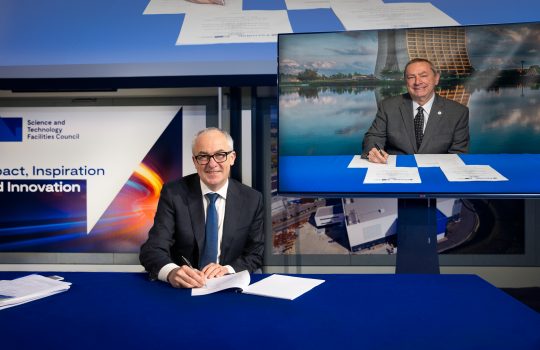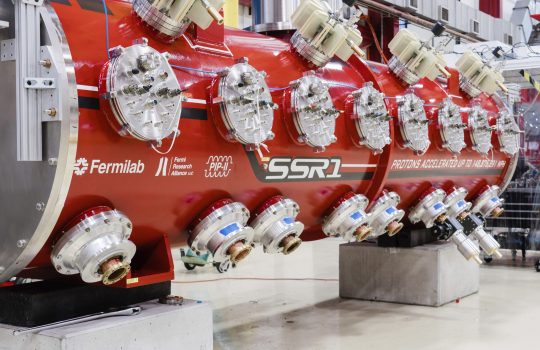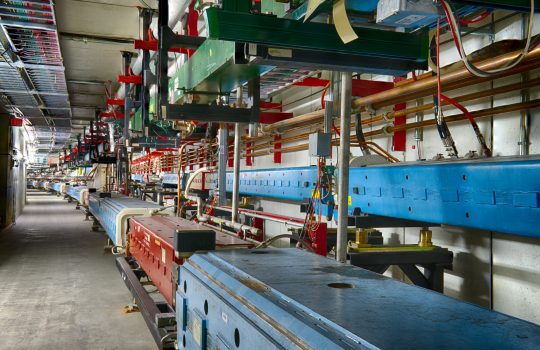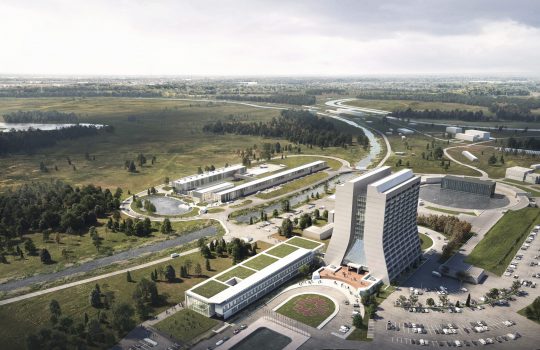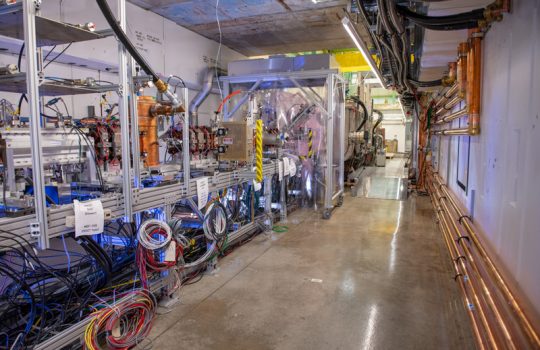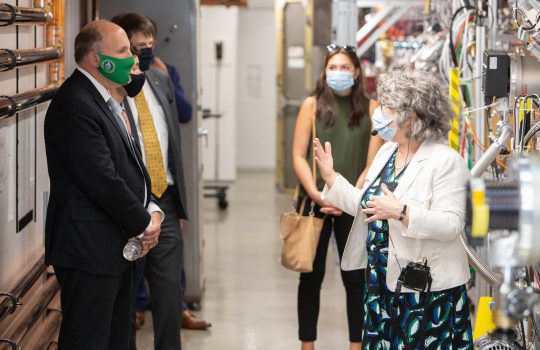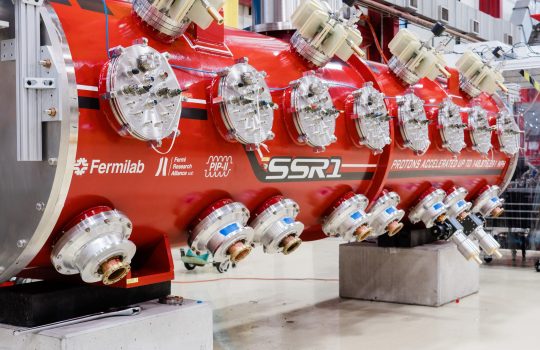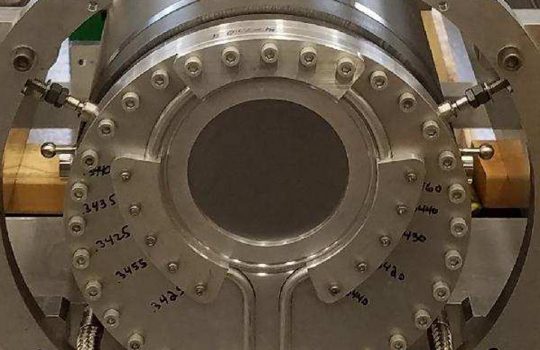UK to play vital role in creating the world’s most powerful neutrino beam
The Science and Technology Facilities Council, or STFC, has signed an agreement with Fermi National Accelerator Laboratory, in the United States, designating how the two organizations will collaborate to build one of the world’s most powerful linear accelerators.

